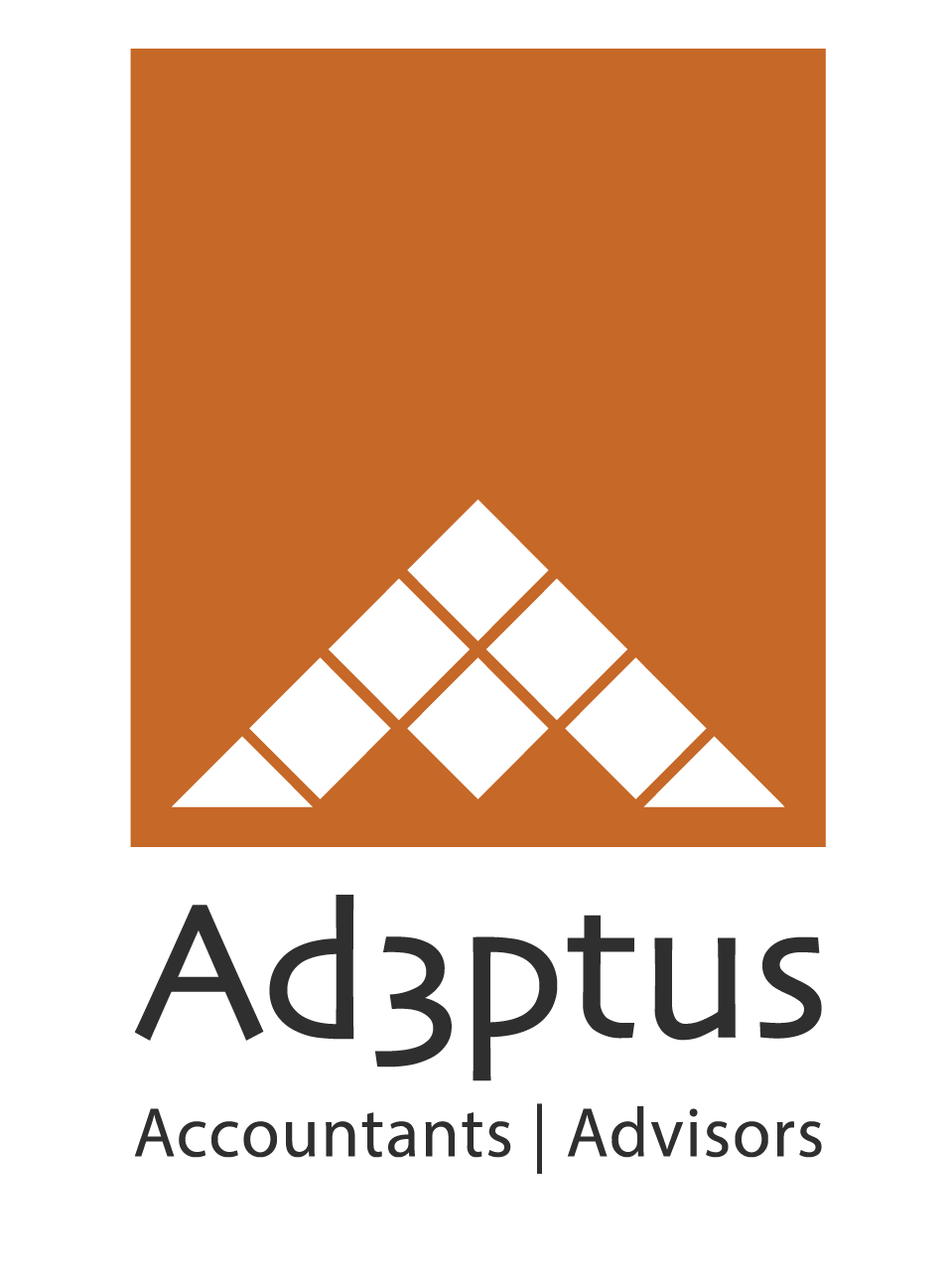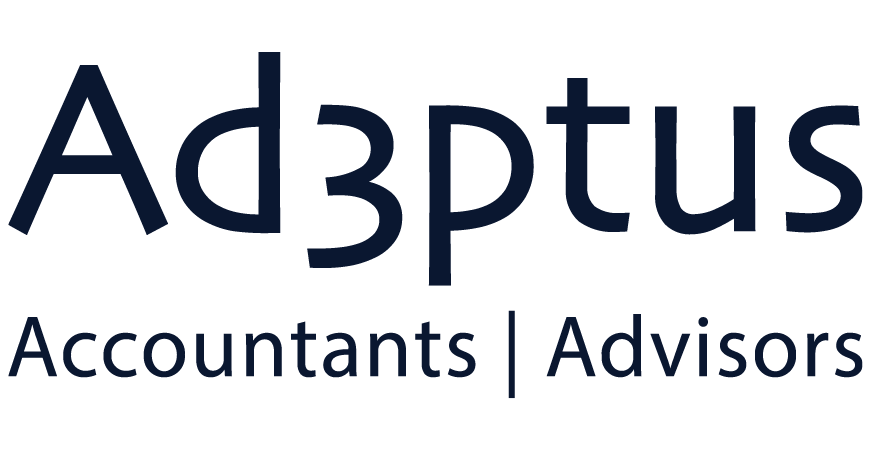April 15, 2022
What’s the Difference Between a Bookkeeper and an Accountant?
By Adeptus Staff
Which one do I need?
You’re here because you want to know what the difference is between a Bookkeeper and an Accountant. Look no further. In short, bookkeepers, accountants, and CPAs (certified public accountants) all work with companies’ financial data. Bookkeepers chronicle when a company receives, pays, or owes funds. Whereas, Accountants contribute more in-depth analysis than bookkeepers. A CPA is an accountant with a state-certified license. Now for the more detailed analysis.
Bookkeepers Manage Records
Back in the day, a bookkeeper literally managed business accounts in hard-copy books, hence the name. Present-day bookkeepers are more inclined to utilize software, but the purpose is the same – to keep a record of monies flowing in and out of the business. If the company is small, the proprietor may be able to manage the work, but bookkeepers have the expertise to do it expeditiously and usually more precisely. Bookkeepers execute numerous functions that are applicable to most varieties of businesses. For example:
- Bookkeepers document purchases and sales.
- They reconcile financial records, such as bank records.
- Bookkeepers record accounts payable and accounts receivable so the company is aware of how much it owes and how much customers owe the business.
- They pay the accounts payable bills.
- They prepare and maintain the payroll ecosystem.
Accountants Provide Business Insights
Accountants possess at minimum a bachelor’s degree, even though it does not need to be in accounting. A business could pay an accountant to keep the ledger, but it’s more economical to employ a bookkeeper and save an accountant for more complex services. Accountants can analyze business economics and give administrators a big-picture perspective. The bookkeeper records data; accountants turn it into usable insights for business decision making. Accountant duties include for example:
- Tax advice and preparation.
- Financial forecasts for the business’s future.
- Oversight and guidance concerning company spending.
Accountants may also analyze the books prepared by a bookkeeper and double-check the records for accuracy.
Certified Public Accountants Have Additional Credentials
One of the main differentiators between a CPA and an Accountant is that CPAs have an extended academic profile and resume. Accountants need to pass their state licensing exam to become certified. The exam lasts 14 hours, and half the test takers fail a section on the first attempt. To keep their license, CPAs require 40 hours of continued professional education every year. Another difference separating a CPA and a general accountant is that only CPAs can formulate an audited financial statement, such as a balance sheet or an income statement that has met certain standards and requirements set by certain governing bodies. Businesses that trade shares on the stock market must furnish audited financial statements so investors can assess the worth of the stock.
Which one you need really depends on your business. Many businesses require all three, both in-house and through third-party accounting firms who perform advisory or administrative services, or through various assurance services. Let us help you make the determination of what your accounting needs are and how best to support them for today as well as your business growth tomorrow.





